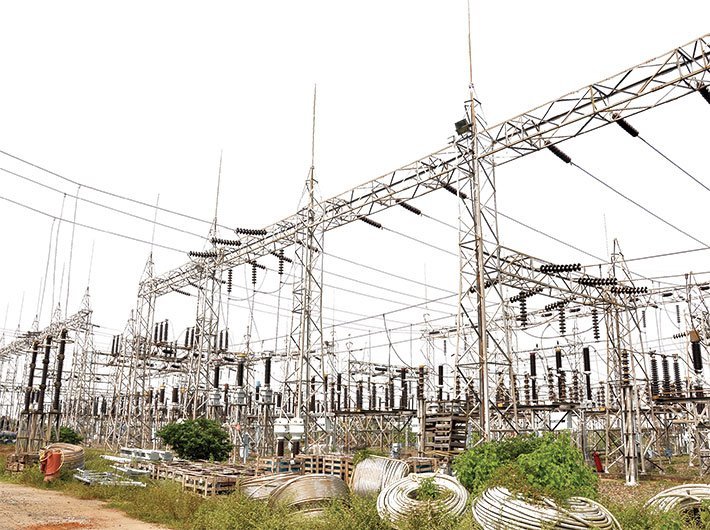This year during the second wave of Covid-19, an unprecedented ‘oxygen shortage’ crisis gripped the national capital and several other parts of the country. A similar situation is brewing in respect of the ‘power’ situation in the national capital and the rest of the country too. However, the authorities seem to be in a denial mode, hoping all is well, and it is a temporary blip. The reported response of the authorities has rather been bizarre, threatening action against a power distribution company which sent messages to its consumers advising possible disruption in power supply. To address a crisis, the first step is the recognition of the problem, not denial. Reports from other parts of the country, like Andhra Pradesh and Kerala, are pouring in, asking consumers to use power judiciously. In Maharashtra, coal shortage has led to the shutting down of 13 units at seven thermal plants catering to state power utility MSEDCL. Its chief has urged consumers to use power sparingly during peak hours.
Let us understand the gravity of the situation. Coal is the major source of energy in India accounting for 72% of total energy production (2018-19). This is followed by crude oil (9%) and natural gas (8%). Other sources like hydro, other renewables, nuclear etc contribute the rest (11%).
Post-pandemic, there has been a sharp recovery in the energy demand outstripping supply/ output. Globally there is a move towards carbon neutrality and coalmine productions are being capped. There is a conscious effort towards green energy. However, the transition from fossil fuel to renewables is proving costly and painful. The prices of energy products, be it coal, crude, or natural gas, have shot up over the roof.
As per reports, the coal stock with India’s power plants on Sunday was 7.2 million tonnes, sufficient just for four days. Stock depletion has been caused both by the demand side, due to a surge in electricity demand because of rebound in economic activity, and on supply side, September rains that disrupted coal production. We can only hope that thermal plants’ capacity utilisation or plant load factor improves substantially to make up for the current deficit. In September, it was only 54.25%.
Major economies like China are also undergoing a severe coal crisis, due to halt of production at several mines due to go the green policy and stoppage of import of coal from Australia dictated by geopolitical considerations, after Australia joined the Aukus (Australia, UK & USA, a strategic alliance forged primarily to curtail the growing influence of China). Faced with a huge coal shortage and industries gasping for power supply, China has started reversing its decisions by ordering coal miners in to ramp up rather than curtail production.
The position of other energy sources is no better. Just to recollect, only a year back when Covid hit and there was a complete demand destruction, in April 2020, US crude futures plunged to -$37.63. That is right. Sellers had to pay buyers as cost of carrying, as there was no storage available. Now in a sharp upmove, US crude is trading above $80. In the UK, the supply disruptions in petrol have been so severe that it had to deploy military to take over logistics and distribution at petrol pumps.
Natural gas prices have already doubled this year and Goldman Sachs predicts further doubling of price if there is a bitter winter when demand for heating shoots up the price still further. The CEO of a US based Gas company, Cheniere Energy, is on record saying 90% of its liquefied natural gas production has been sold out for next 20 years! There is a crisis in Europe specifically as they are heavily dependent on imports.
Fact remains, there is a disruption in supply side, either due to conscious decision to reduce carbon footprint or collective effort like by OPEC+ to adopt gradualism in releasing supply, and surge in demand following Covid recovery and the end result is loss of an equilibrium in output and pricing. India, as a major power consumer, is no exception.
Unless all efforts are made now to restore the equilibrium, India – like many of its peers around the world including China and Europe – is looking at a bleak energy picture in the near future.
Mishra is a policy analyst and columnist.
